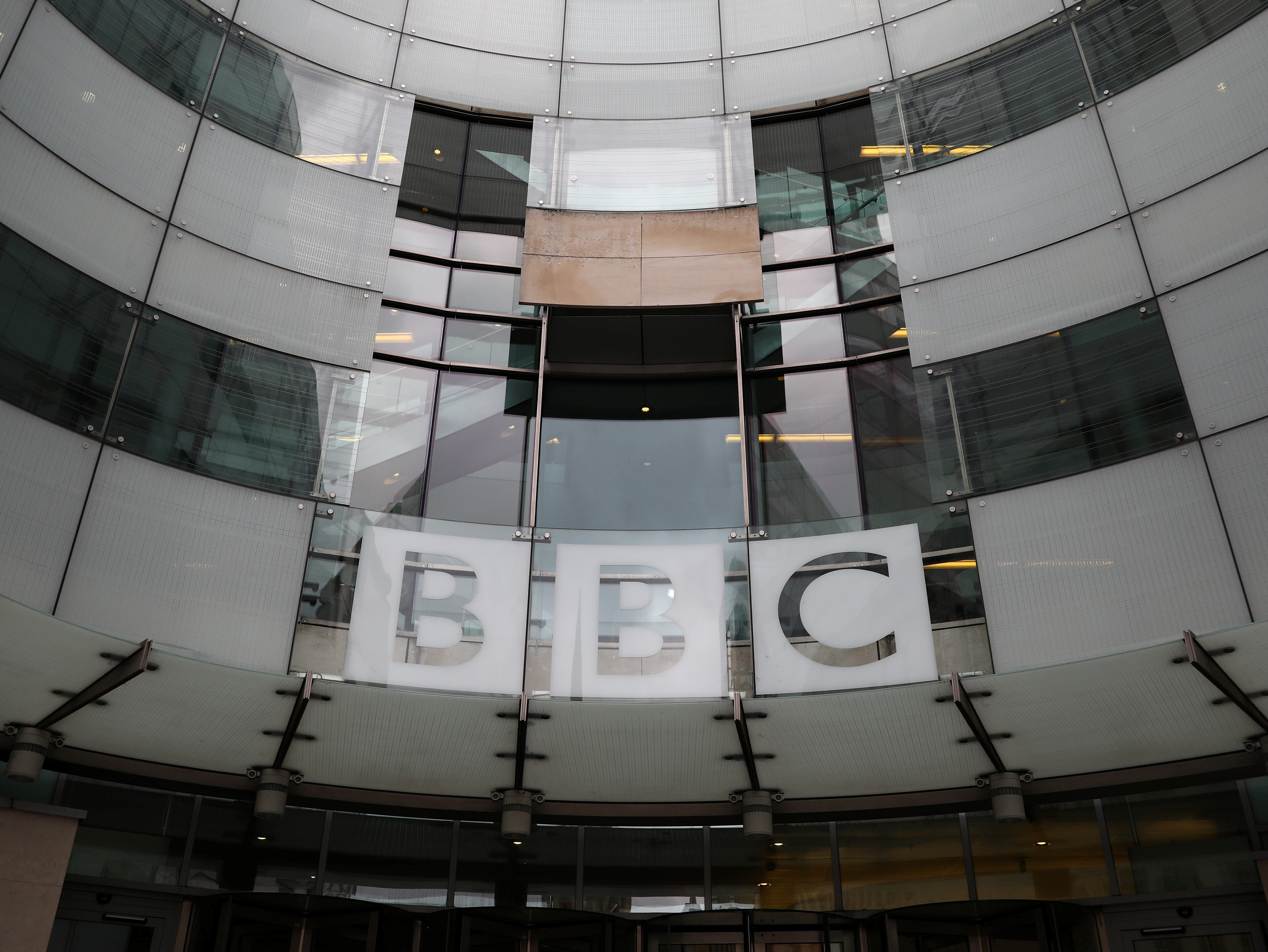
The BBC has warned that decriminalising non-payment of the TV licence fee would cost it more than £1bn over five years and “inevitably require significant cuts” to programmes and services.
The corporation has defended its core funding model in responding to the Government’s consultation on removing criminal sanctions on TV licence evasion, which can result in a fine of up to £1,000.
In its submission, published today, the BBC has urged the Government to carry out a second “more detailed” consultation before any decision is made about dropping criminal sanctions.
The current eight-week consultation closes to the public at 5pm on 1 April and a Government response is not expected until this summer.
At its launch in February, the Government said it was “right to look again” at whether it was appropriate for TV licence-fee evasion to remain a criminal offence amid concerns it is “unfair and disproportionate”.
Decriminalisation would ‘hit poorest hardest’
The BBC has said its position is that the current system “remains fair, effective and good value for money”.
But it recognised that it “could be improved” and said it will work with the Government on proposals, such as extending a flexible payment scheme for the over-75s to those on lower incomes.
A TV licence fee costs £157.50 a year at present. About 25m UK households pay the licence fee, generating an annual income of £3.69bn for the BBC.
In 2018 more than 121,000 people were convicted and sentenced for evading paying their TV licence and issued with an average fine of £176.
The BBC warned that a civil, rather than criminal, system of enforcement would “hit the poorest hardest” as there is “no discretion to vary the size of the fixed penalty” for non-payment.
Currently a magistrates’ court sets the fine for evasion at its discretion.
“This will have a significant impact on those on lowest incomes and the most vulnerable in society where the threat of bailiffs at the door or impact on credit ratings have serious consequences,” said the BBC.
“We cannot see how these issues could be mitigated and deliver an effective sanction at the same time.”
Independent behavioural research, which has been commissioned by the BBC, suggests that a civil enforcement system would result in a rise in licence-fee evasion of about ten per cent.
Transition to civil system would cost BBC £300m
The corporation also warned that the transition to and costs of running a new system would be “significantly higher” than at present, estimating an initial cost to the BBC of about £300m.
This would amount to more than £1bn over the five years from 2022 – when the licence-fee funding settlement is up for negotiation – to the end of the current charter period in December 2027.
The BBC said this would “reduce substantially” its investment in the UK’s creative economy, including the nations and English regions.
The licence fee itself is protected until the end of the charter period.
‘No compelling evidence to the contrary’
The BBC said changing the to a civil enforcement system would be a “significant undertaking for Government”, with new legislation required alongside changes to court procedures.
It warned the changes would take several years to implement and would require new contracts to run the system and new IT infrastructure.
The BBC said the government’s consultation “does not address the fundamental question of how a new system would be fairer and more effective for everyone”.
It added: “On that basis the BBC thinks the Government should conduct a second consultation to explore the issues in more detail before reaching any decision.”
It said in any event that a decision should only be taken as part of the April 2022 licence-fee funding settlement, saying it is “happy to debate the future of the licence fee at the right time in the charter cycle”.
The BBC said: “Any changes that erode the licence fee model at this time would undermine the BBC’s ability to deliver the best programmes and services to our audiences, as well as reducing investment in the creative economy, where the BBC’s role is particularly crucial to the UK’s nations and regions.”
It added: “The BBC seriously questions whether changing the system of enforcement just a few years into an 11 year Charter period makes sense.
“It would take several years to implement and the cumulative cost to the BBC would be more than £1bn. From the evidence we have set out it would deliver worse outcomes for the licence-fee payer, the taxpayer and the most vulnerable in society.
“The Government has provided no compelling evidence to the contrary.”
Picture: Reuters/Neil Hall
Email pged@pressgazette.co.uk to point out mistakes, provide story tips or send in a letter for publication on our "Letters Page" blog
